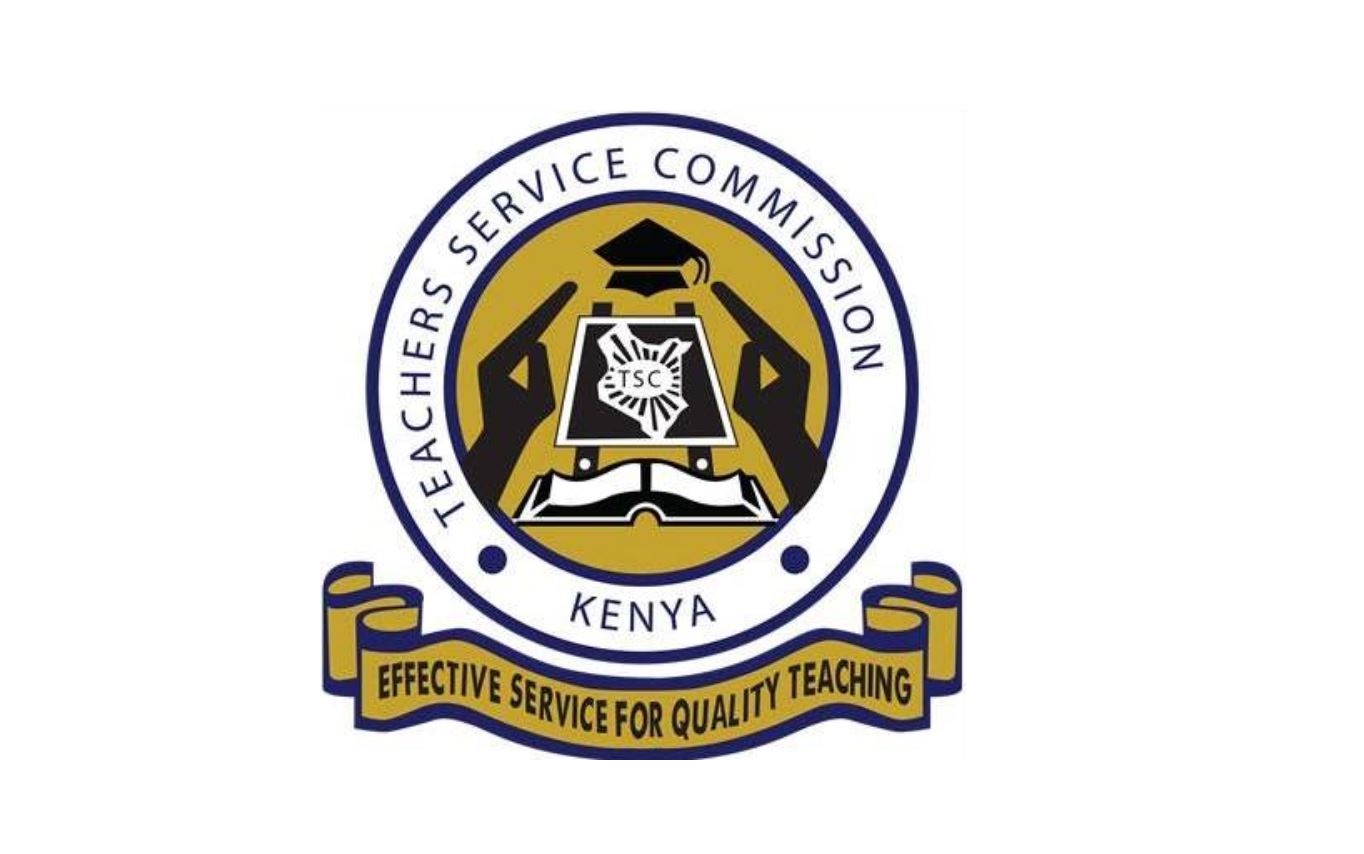TSC Introduces Intellectual Property (IP) Policy: What You Should Know
To ensure quality instruction and lifelong learning, the Teachers Service Commission (TSC) in Kenya has established an intellectual property policy to govern, administer, and uphold the teaching service through operational excellence and sound policies.
The policy outlines the parameters, goals, and guiding principles for the cultivation and protection of creative and innovative outputs originating from the Commission and its personnel.
This will assist the Commission, its personnel, and interested parties in obtaining the advantages associated with the registration of intellectual property rights.
By enforcing this policy, the Commission will be able to achieve its objective of fostering an environment that is conducive to employees utilizing their unique talents, skills, and expertise to produce insightful publications, materials, and other creative works. Additionally, it will protect the Commission’s investment in intellectual property development.
The policy, outlined in Circular No. 03/2024 dated March 25, 2024, seeks to provide a transparent and comprehensive framework for the development and management of intellectual property generated by the Commission and its employees.
Dr. Nancy Njeri Macharia, TSC Secretary/Chief Executive, emphasized the importance of policy in guiding the regulation and management of intellectual property and related issues within the Commission.
Dr. Macharia highlighted that the Commission, in line with its constitutional and statutory mandate, undertakes various functions and activities that often lead to the creation of intellectual property.
Follow Teachers Updates on Facebook
Under the new policy, intellectual property rights accruing to the Commission include patents, copyrights, curriculum delivery strategies, varieties, trademarks, and utility models.
Furthermore, the policy addresses issues such as research collaboration, material transfer confidentiality, invention disclosure, ownership, and dispute resolution.
Dr. Macharia urged all teachers and secretariat staff to familiarize themselves with the provisions of the Intellectual Property Policy, which is available on the TSC website.
By incorporating research, innovation, and ICT for knowledge generation, curriculum implementation, and service delivery, the policy seeks to produce a professional staff of educators who are ethical, motivated, and globally competitive.
She emphasized the need for a motivating environment that encourages innovation while ensuring that the Commission retains exclusive rights over its intellectual creations for a specified period as provided by law.
In Our Other News: KNEC Symposium on Competency Based Assessment (CBA)
“This policy will be a critical tool in guiding the regulation and management of intellectual property and related issues,” said Dr. Macharia.
The objective of the policy is to educate personnel regarding the importance of complying with legal provisions to safeguard their intellectual property. It establishes a comprehensive framework for overseeing research and innovation by individual staff members, groups of staff members, and the entire Commission.
In addition, the Commission will utilize this policy as a vital instrument to direct its future handling of intellectual property and related matters.
The Teachers Service Commission’s intellectual property policy aims to foster a diligent, morally upright, and internationally competitive teaching staff that prioritizes inventiveness and progress.
The policy’s implementation by the Commission seeks to cultivate a workforce that is innovative, dynamic, and fiercely motivated, with a specific emphasis on transforming the teaching profession through inventiveness and progressive thinking.

According to the 2010 Constitution of Kenya, the Teachers Service Commission (the Commission) was created to oversee the teaching profession.
The Commission has established policies and procedures to guide its execution, which include the procurement, retention, and release of intellectual property. Individuals are bestowed with intellectual property rights, which confer upon them exclusive usage rights to their creations for a specified duration.
Because of its high value, the preservation of intellectual property is critical in the twenty-first century knowledge-based economy.
The Teachers Service Commission’s Intellectual Property Policy 2023 aims to establish protocols for the creation, possession, administration, and utilization of intellectual property within the organization. Commission personnel and employees are responsible for managing the intellectual property they produce.
The policy’s objectives include safeguarding economic resources, encouraging innovation and invention sharing, establishing roles and responsibilities, promoting creativity, protecting intellectual property rights, facilitating the exchange of innovations and inventions, and ensuring the fair and equitable distribution of material and financial gains.
The Commission is committed to cultivating a creative and innovative environment, inspiring its staff to adopt innovative practices, and enabling the efficient management of intellectual property and innovative ideas.
The IPMC, composed of individuals selected by the Commission Secretary, assumes a pivotal role in fostering awareness about intellectual property management, overseeing the registration and maintenance of intellectual property, delineating protocols, bestowing authorizations, and perpetually assessing and evaluating policy execution.
According to the Intellectual Property Policy 2023, intellectual property ownership is classified as follows: Commission, co-ownership, and employee ownership.
The Commission owns all intellectual property conceived, discovered, manufactured, or created by an employee during their employment or participation in programs that require substantial use of Commission resources.
Under the Commission’s current policy on rewards and sanctions, the employee may be recompensated for an invention or innovation that demonstrates remarkable significance.
An employee may be awarded a Technovation Certificate if an innovation or invention they develop to address a particular challenge in the field of Information Communication and Technology is implemented for the Commission’s normal operations but does not receive immediate implementation by the Commission.
Additionally, all contractors with a legal relationship with the Commission shall be subject to this provision. Any creator, innovator, or inventor shall provide the Commission with the surrender of their invention, as well as all accompanying documentation.
The Commission may permit joint ownership of intellectual property on a case-by-case basis, in consideration of the proportionate contributions made by each party.
By proportionate contribution or as agreed upon by the parties, royalties will be distributed. When there are multiple innovators/inventors or creators, the proportions of ownership as follows shall apply: 60% for innovators/inventors, 30% for commission, 10% for others, and 100% for the total.
ALSO READ: KNUT Urges Gov.t Shift in Strategy Against North Rift Banditry
It is the responsibility of the Commission to administer intellectual property rights via contracts and written agreements. License agreements, Material Transfer Agreements, and Non-Disclosure Agreements are included.
The Commission must receive materials for intellectual property rights upon innovation, conception, or creation. Disclosure Agreements (NDAs) are mandatory for gaining access to proprietary information.
License agreements include provisions for due diligence, commercialization, and the preservation of Commission rights. After receiving Commission approval, the policy is executed and subsequently assessed every five years or as required.
TSC Introduces Intellectual Property (IP) Policy: What You Should Know
Follow Teachers Updates on Facebook, LinkedIn, X (Twitter), WhatsApp, Telegram, and Instagram. Get in touch with our editors at [email protected].


Discussion about this post